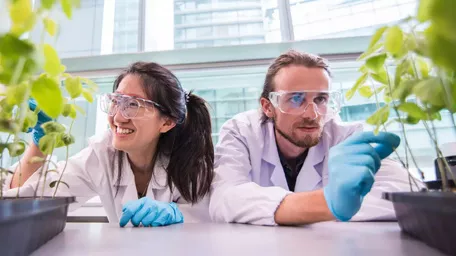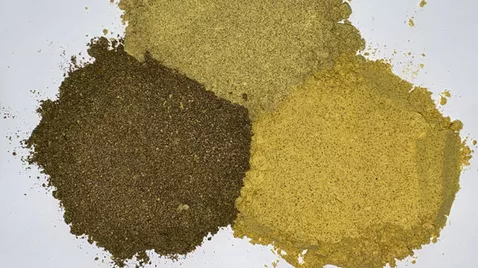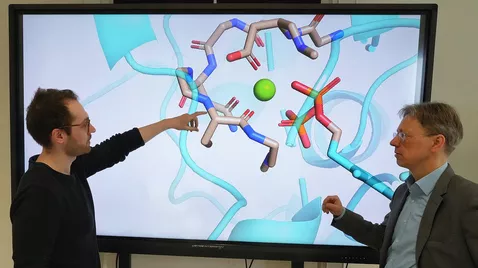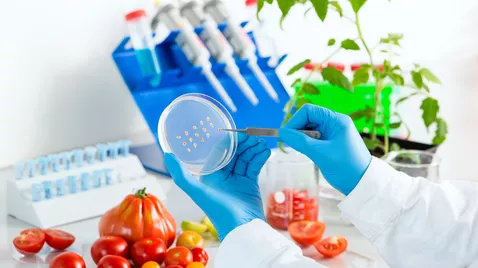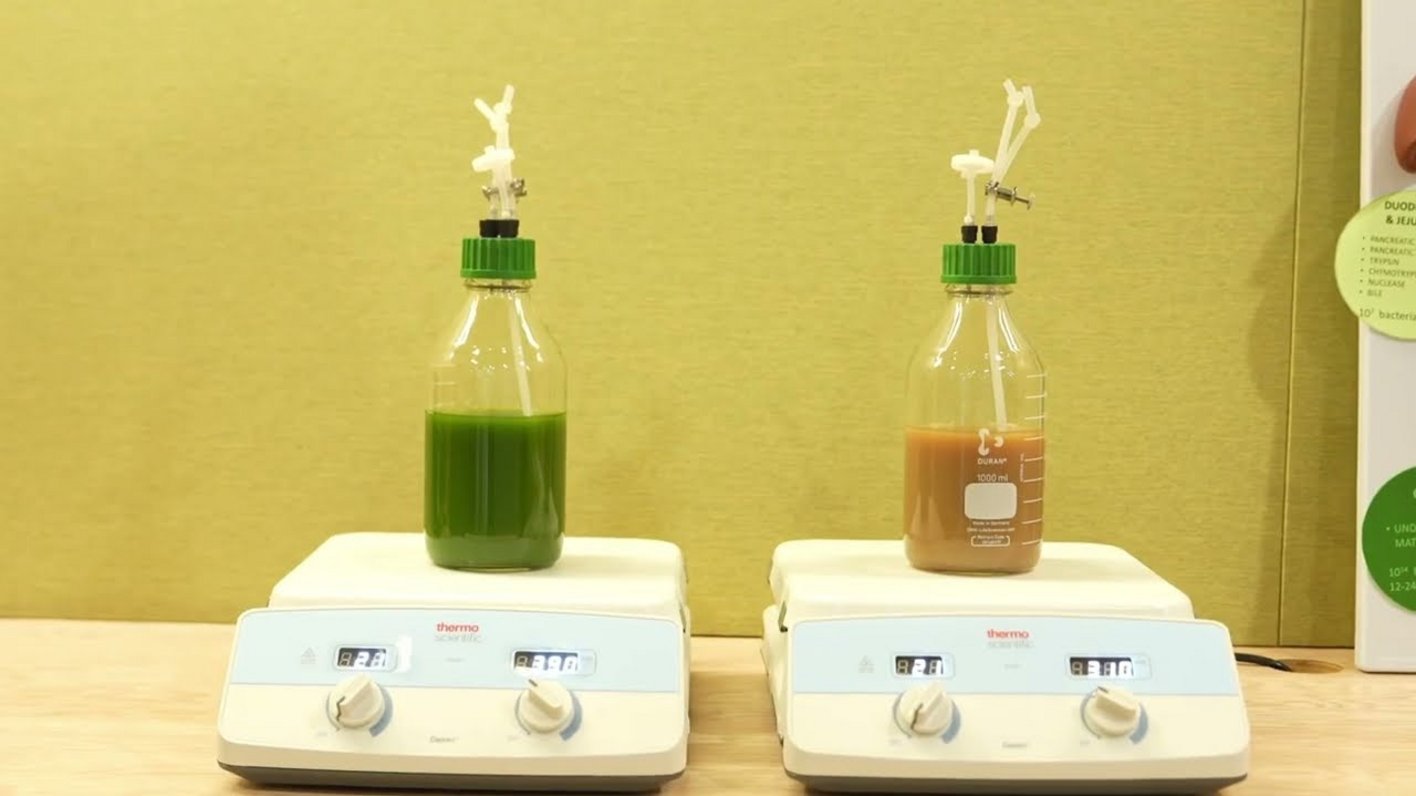Alternative Proteins
Research on alternative proteins aims to develop innovative, sustainable and healthy protein sources that are not derived from animals. These include plant, microbial and lab-grown options. Challenges include optimizing the processing steps from raw material to final product, as well as scaling production efficiently on a large scale. Researchers from interdisciplinary fields develop and optimize healthy foods along the entire value chain - from farm to fork.
Key Research Thrusts
- Inhomogeneous raw materials and limited nutrient supply affect plant protein production
- Combinable functional units as building blocks for food
- Tailored chemical methods and self-assembling strategies
- Development and improvement of novel food textures, flavors and appearance
- Scale-up in all protein-based food sectors
- Safe and healthy nutrition through alternative proteins
- Consumer acceptance and education about alternative proteins
- Socioeconomic and environmental assessments of the alternative protein industry
Research Topics
Challenges in the research and development of alternative proteins occur on a small and industrial scale. These are addressed along the entire value chain from agricultural production and processing to the market and the consumer.
Resources, Raw Materials and Building Blocks
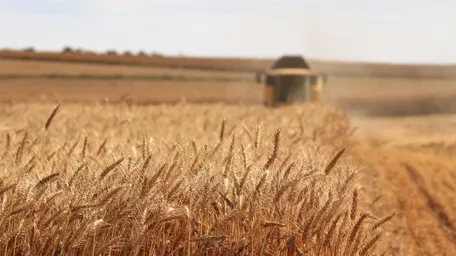
- CellAg – Producing animal products directly from cells instead of animals (Prof. Henkel)
- Rapeseed as an indigenous source of high quality protein for human nutrition (Prof. Dawid)
- Sustainable Protein Ingredients (Prof. Weisz)
Processing and Assembly on Small and Industrial Scale
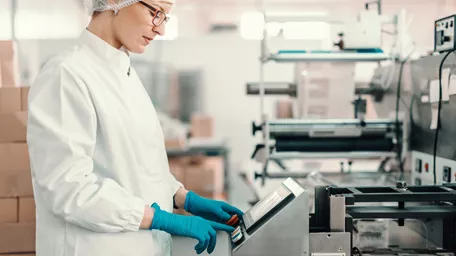
- Provide – Protein and biomolecules sources in a circular food system (Prof. Rychlik)
- Dry processing of plant proteins (Prof. Först)
- Aerogels from plant proteins (Prof. Kulozik)
- Protein functionalization for fat reduction in foods (Prof. Kulozik)
- PRO-SUPER – Fungal Production Systems Utilizing pectin-rich agricultural Residues (Prof. Benz)
Sensory and Formulation for Healthy Nutrition

- Off-taste/off-flavor of protein isolates (Prof. Dawid)
- Plant stress and flavor (Prof. Dawid)
- Sensomics-Assisted Aroma Decoding of Pea Protein Isolates (Prof. Dawid)
- Plant-based food: Bridging the gap of new proteins and FLAVOURsome (Prof. Dawid)
Data Science, Marketing and Environmental Impact
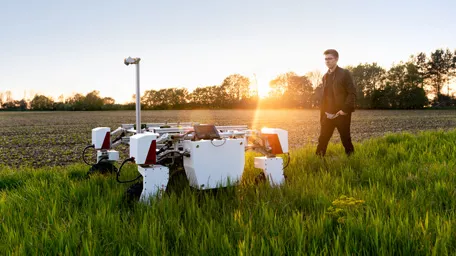
- TriboTec – Protein enrichment and fractionation of side-streams (Prof. Först)
- DiSPBiotech – Morphology Modelling of aggregating filamentous fungi (Prof. Briesen)
- Model-based decision support for the design of plant-based meat alternatives (Prof. Briesen)
- REIF – Ressource-efficient, economic and intelligent food chain (Prof. Becker)
Alternative Proteins for a Sustainable Future
Research on alternative proteins at TUM is driving advances in food technology. This enables a more environmentally friendly food system that can meet the growing demand for protein without increasing the environmental impact of agriculture.
Prospects for students in the alternate protein source field
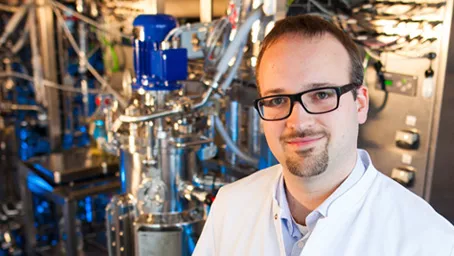
Prof. Marius Henkel believes that it is a good time for young scientists who want to gain a foothold in this field - and not just because of the research area he is currently setting up.
Continue interview
Future-oriented subject selection - Agrosystem Sciences
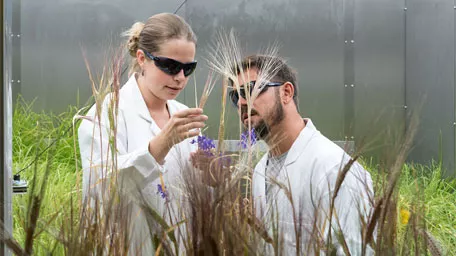
In the state-of-the-art orientation of the Master's program "Agrosystem Sciences", the topics of digitalization, sustainability and resource conservation have gained in importance.
View article
Making sustainable food consumption easy
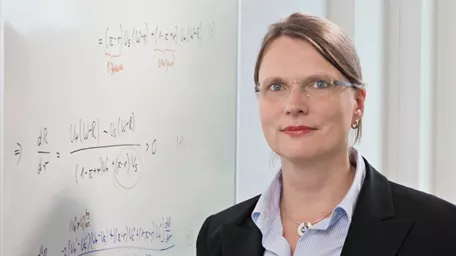
Prof. Jutta Roosen about consulting for the EU: How European food consumption can become healthier and more sustainable has been summarized by scientists.
Interview on EU Report
Food of the future: Meat from the laboratory
More Info
